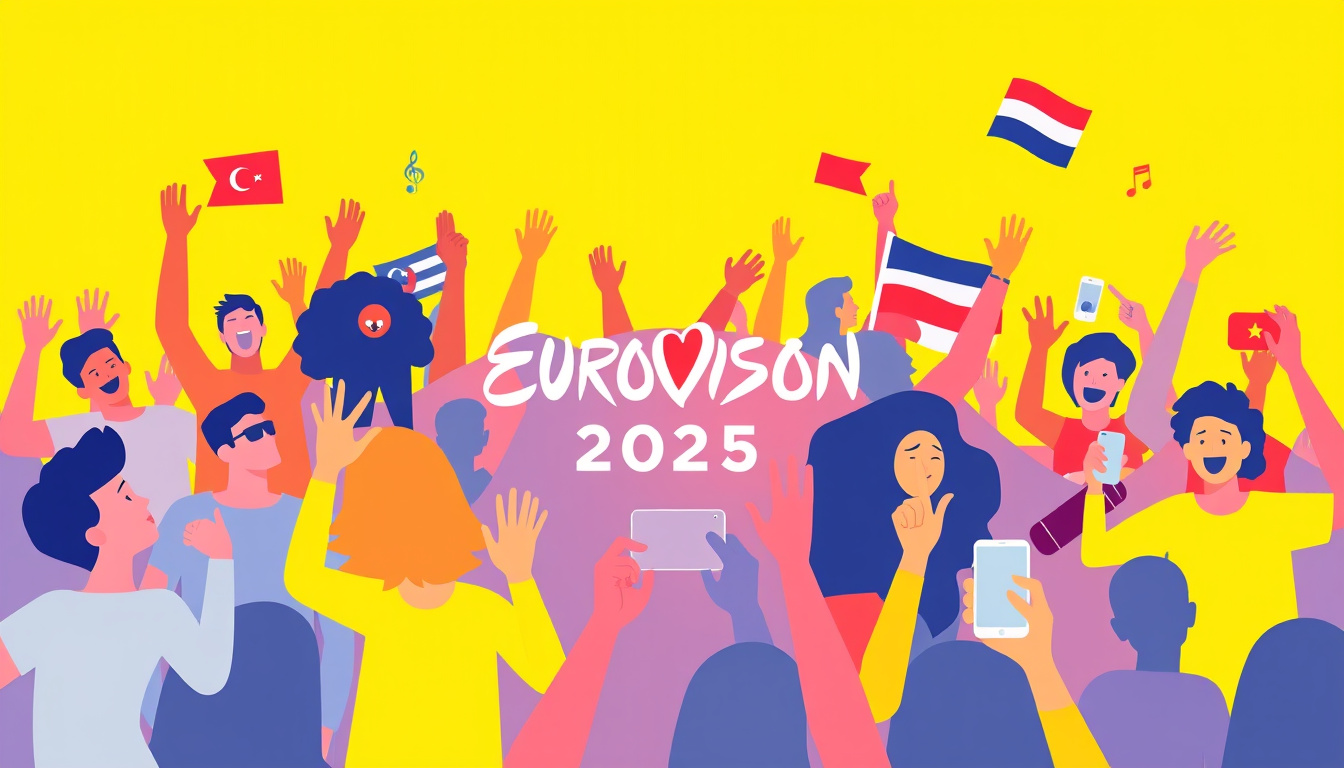Eurovision Song Contest is a lively contest. It shows music, culture, and unity. Fans, artists, and countries join as one. Recently, voices call for fair votes. People worry about hidden steps in counting points. This article shows the vote process. It lists challenges and new rule ideas. These ideas may shape Eurovision 2025. 
The Current Voting System: A Dual Approach
Since 2016, the contest splits its votes. One half comes from a jury. One half comes from the public. Each nation gives points to ten songs. They give 1 to 8 points and then 10 and 12 points for top songs. The system blends expert tips with public views. It aims to keep results fair.
In 2023, Sweden won with most jury votes. Finland won with most public votes. This mix shocked fans. A petition called for clear tickets. Supporters said the public vote must matter more.
Calls for Transparency
Fans now voice their doubts. They say the vote process is not clear. A growing petition asks to change or remove jury votes. Fans want public votes to matter the same. They note that many jurors come from a few clear backgrounds.
In 2023, the contest let non-participating nations vote. This "Rest of the World" vote adds a twist. Some cheer the change. Critics worry that extra votes make tracking hard. They fear that mixed votes hide the true picture.
Managing Trust: Governance and Integrity
Trust grows when rules are clear. Fans lose trust when details hide. The European Broadcasting Union now works hard. They share reports with jury scores and public vote counts. This work lets fans check the rules.
Officials write clear guides for each vote. They add safeguards against fraud. They review results often. Yet, some claim that nations vote for their neighbors. This practice, called bloc voting, still raises concerns. Addressing these claims is very important.
Looking Ahead: Proposed Reforms for Eurovision 2025
Eurovision 2025 faces a time to change. Organizers listen to many ideas:
- Revising Jury Votes: Change the weight of jury votes. This step stops any vote from taking over.
- Increased Public Engagement: Let more fans share ideas about the vote.
- Enhanced Transparency Measures: Use audits and open reports to show vote details.
- User-Friendly Voting Platforms: Build clear systems that guide every voter.
- Continued Education on Voting Mechanics: Teach both jurors and fans about their roles.
Conclusion
Eurovision 2025 now stands at a key point. Change grows from fair votes and clear views. Fans, tech, and culture push for new ways. Open reports, clear rules, and a fair vote may restore trust. Eurovision is more than the famous "douze points." It is a shared dream of music that unites many hearts.







